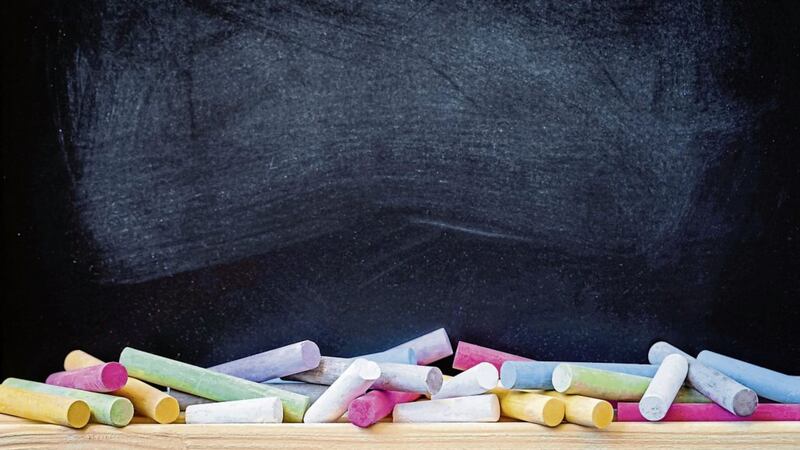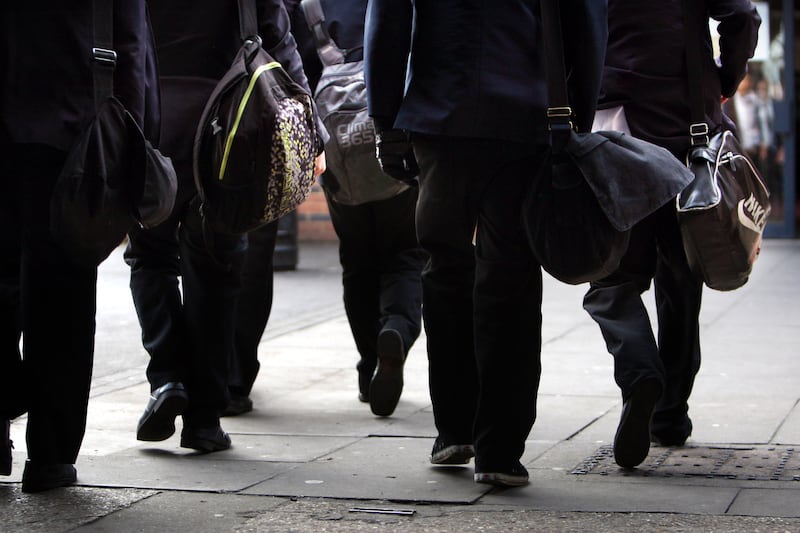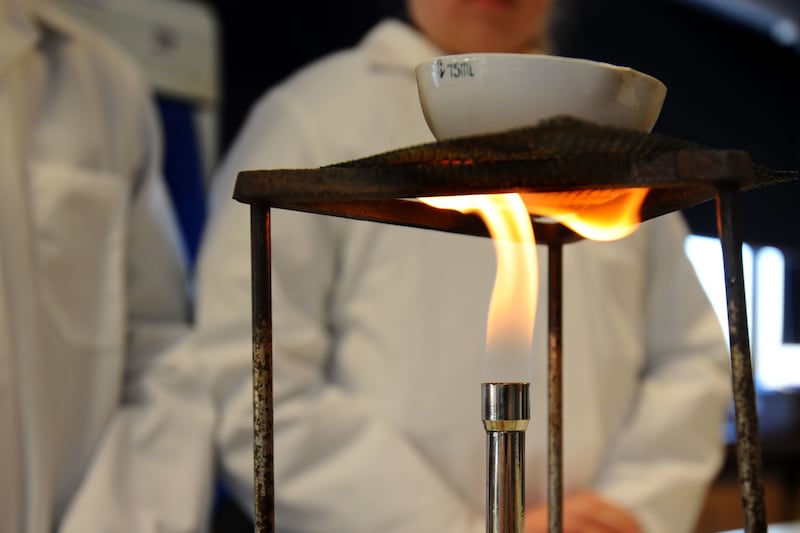BULLYING, substance abuse, attacks on staff and pupils and prolific rule breaking led to more than 5,000 school suspensions last year.
A total of 11 young people were expelled in the Covid-shortened 2019/20 school year - a fall from 30 in 2018/19.
Suspensions also dropped significantly due to most pupils learning from home for extended periods.
Newly-published figures from the Department of Education reveal there were 3,342 pupils suspended a total of 5,259 times.
The statistics also show:
:: Almost 450 pupils were suspended on three or more occasions
:: Close to 200 primary-age children, including 61 in P1-4, received temporary exclusions
:: There were 1,174 attacks on pupils by peers
Almost one in every three suspensions (1,710) were for "persistent infringements of school rules".
This was followed by physical attacks on pupils (1,174) and verbal abuse of staff (1,133).
Other reasons included disruptive behaviour in class, significant damage to property, physical attacks on staff, bullying, stealing and substance/alcohol abuse.
INTO northern secretary Gerry Murphy said suspension was an action that schools were reluctant to employ.
"These decisions are normally taken to ensure the safety of pupils and staff and only when all other options available to the school have been exhausted," he said.
"Schools have striven to change their policies around pupil behaviour to focus on re-enforcing positive behaviours. This has worked remarkably well across the system however there will always be occasions when it remains more prudent to remove a pupil for a short period of time from a situation or environment.
"This time is then available to allow adjustments to be made as an aid to improving behaviour. There will however always be a minority of cases where suspension remains the best option in the interests of keeping pupils and staff safe."








